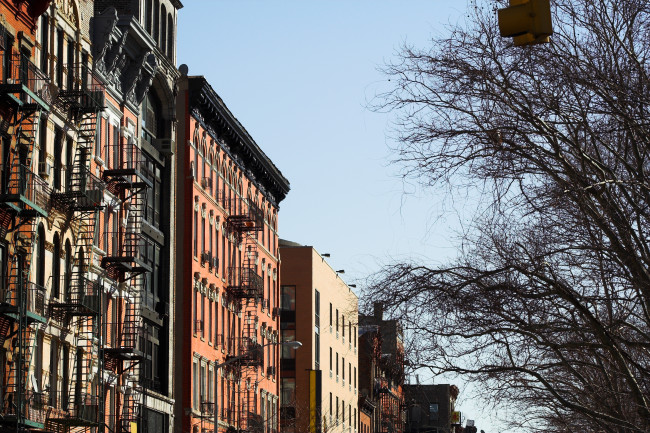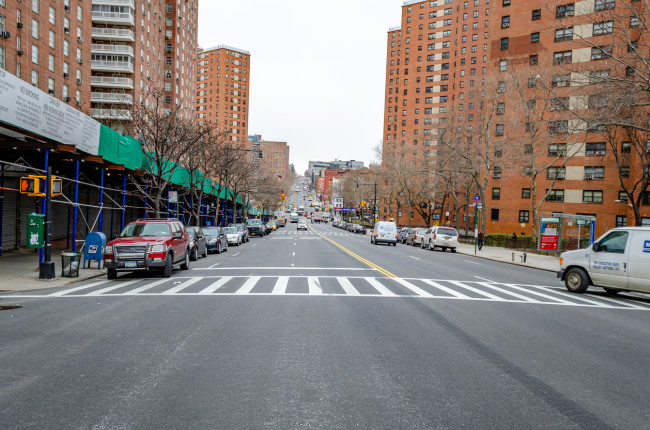Ask Sam: I found out my apartment used to be rent stabilized. Now what?

Changes to the rent laws have made it much more difficult for landlords to cycle apartments out of stabilization by renovating.
iStock
I looked up my apartment's history and found it used to be rent stabilized. The apartment was renovated before we moved in, but should it still be stabilized? What can I do?
“Prior to 2019 and the passage of the Housing Stability and Tenant Protections Act, major renovations were often used to cycle rent-stabilized apartments out of the program, but since that time it has become much more difficult to do that,” says Sam Himmelstein, a lawyer at Himmelstein, McConnell, Gribbin & Joseph, who represents residential and commercial tenants and tenant associations.
That means if you moved into a rent-stabilized apartment and the last tenant vacated after July of 2019, the apartment is definitely rent stabilized and the rent should be very close to what the previous tenant was paying. Prior to the law change, landlords were able to cycle apartments out of stabilization through various upgrades known as Individual Apartment Improvements—that is no longer allowed and if improvements are made, the amortized cost collected from the tenant is now capped at $15,000 over 15 years.
“If you do the math, the most a landlord can legally raise the rent when an apartment is vacated is $89 per month,” Himmelstein says.
Some landlords may try to get around these restrictions by using what’s called “first rent,” Himmelstein says. This is a Department of Housing and Community Renewal policy where a landlord can substantially change the perimeter of the apartment and then charge a rent close to market rate. While this is rare, Himmelstein says the rent in these situations cannot be challenged.
However, if the apartment has not changed in size, the rent should be very close to what the previous tenant was paying and the apartment will still be stabilized.
If you believe the deregulation happened prior to July of 2019, you’d need to get a hold of the documents the landlord used to justify the increase in rent. Once you have these documents, Himmelstein recommends hiring an expert to review them and inspect your apartment in order to give you an opinion about whether the work was actually done and if the costs reasonably reflect the improvements.
“Experts like the contractor Christopher Leahy, who my firm frequently recommends to tenants, will be able to look at the apartment and with years of expertise in this area say whether the claims being made by the landlord are accurate,” Himmelstein says.
Your landlord isn't technically obligated to hand over details of their renovations, but there are several methods you could use to get them. “All rent-stabilized leases are supposed to come with a rider explaining how the rent was calculated, what the former rent was, and if they did any renovations and if so what they were,” Himmelstein says.
You could also try asking the landlord to produce copies of the documents relating to the renovations.
Another option is to file an overcharge claim with the DHCR. “The landlord is then required to produce those documents to the DHCR who will send them to you and ask you to respond. If you sue the landlord in Supreme or Civil court, you can request the documents as part of what's known as pre-trial discovery," Himmelstein says. In Civil or Supreme Court, discovery is mandatory.
You can also withhold rent, wait for your landlord to take you to housing court, and again, get the documents as part of the pre-trial discovery.
There are possible risks associated with this because your name will then come up in housing court data scraped by tenant screening companies—although the Housing Stability and Tenant Protection Act prevents landlords from denying tenant applications based solely on this. In housing court, you will have to ask the court for permission to obtain this information from the landlord. “It is generally, but not always, granted in cases like this,” Himmelstein says.
Sam Himmelstein, Esq. represents NYC tenants and tenant associations in disputes over evictions, rent increases, rental conversions, rent stabilization law, lease buyouts, and many other issues. He is a partner at Himmelstein, McConnell, Gribben & Joseph in Manhattan. To submit a question for this column, click here. To ask about a legal consultation, email Sam or call (212) 349-3000.



























